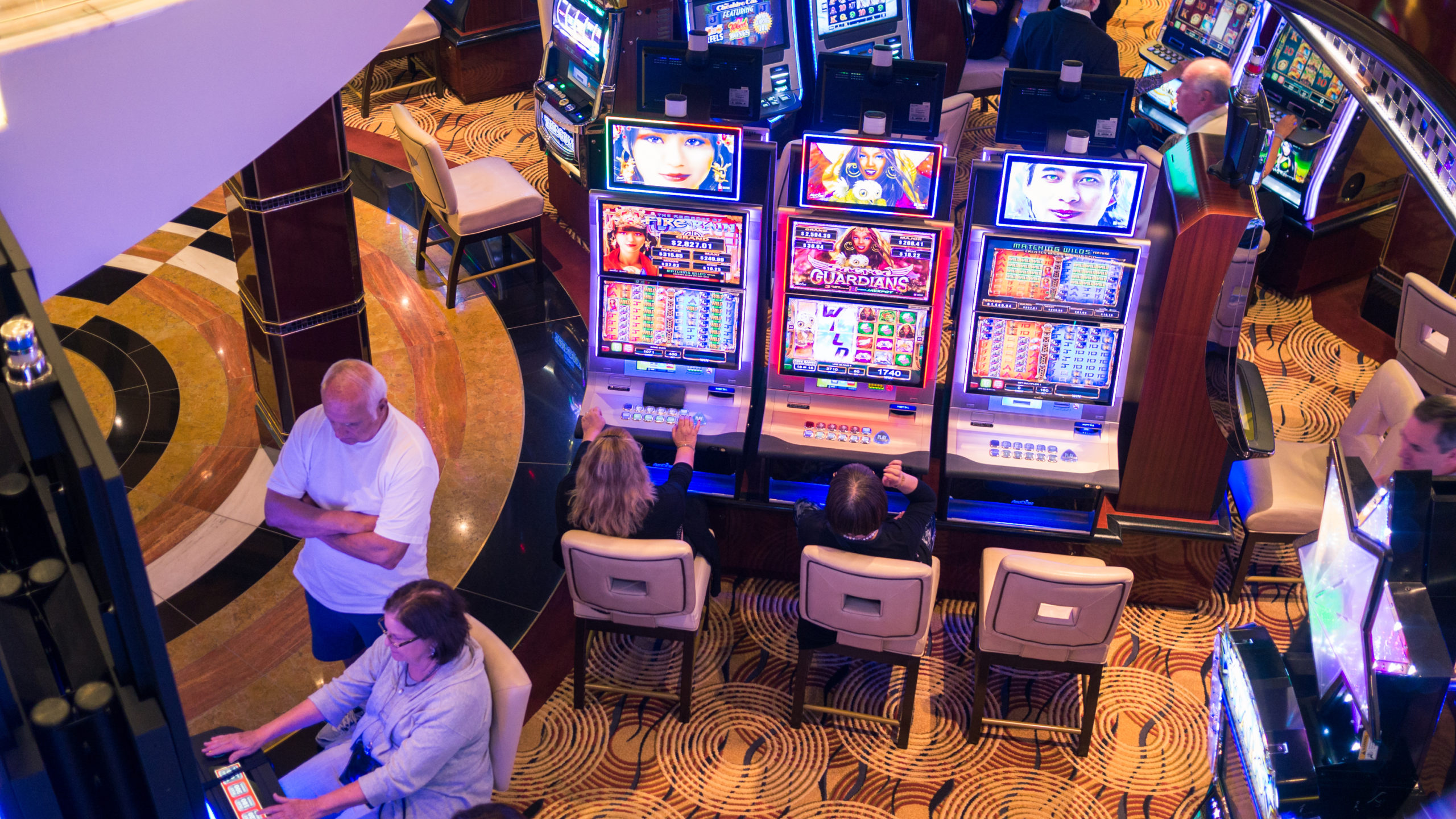Casino slots games have enthralled players for decades, drawing them into a realm of blinking lights, enticing sounds, and the thrill of chance. These devices, often found in colorful casinos, combine aspects of luck and strategy, making them an exciting option for newcomers and experienced gamblers alike. But what is it that makes these games so attractive? The answer lies in the intricate psychology at play as individuals engage with these vivid reels.
Whether it’s the rush of excitement while waiting for the outcome of a spin or the thrilling feeling of a large win, the psychological response elicited by casino slots is significant. The crafting of these machines is carefully designed to activate the brain’s reward system, creating an experience that can be both thrilling and addictive. Grasping the psychological factors at play in playing casino slots machines can provide insight into the reasons so many individuals are attracted to them and how they influence actions and decision-making in the gambling setting.
Comprehending the Attraction of Slot Machines
Slot machines have a singular talent to enthrall players with their colorful graphics and alluring sounds. The bright lights and enthralling themes create an welcoming atmosphere that draws people in. Each rotation of the reels promises the chance of a significant win, igniting a sense of eagerness and hope that keeps players coming back for more. This multisensory experience plays a key role in the charm to casino slots games, as it arouses not only the intellect but also the emotions.
A significant factor adding to the allure of slot machines is the notion of instant gratification. Differing from other casino games that demand skill or strategy, slots offer quick results with each spin. The quick pace of the game allows for swift engagement, permitting players to experience the excitement of winning or the discouragement of losing in a matter of seconds. This rapid feedback loop can lead to a extremely compulsive experience, as players pursue the next possible payout while being fascinated by the game’s continuous opportunity for adventure.
Additionally, the mentality of jackpot potential cannot be dismissed. The allure of hitting a fortune-altering payout keeps players returning, usually outweighing the odds against winning. Many players find themselves fantasizing about the possibility of striking it rich, fueled by stories of others who have won huge. This sense of optimism, combined with the excitement of the game, creates an compelling lure that characterizes the world of casino slots and makes them a popular among bettors.
The Role of Reinforcement in Gambling
Reinforcement plays a vital role in the psychology of playing casino slots games. When players interact with these machines, they face various forms of reinforcement that can affect their behavior. Positive rewards is particularly effective; obtaining a win, or even the chance of winning, can create a thrill that keeps players returning for more. The instant response from the reels rotating, coupled with sounds and visual stimuli, further enhances this gratifying experience, reinforcing the urge to continue playing.
The randomness of success in casino slots games also ties into the concept of intermittent reinforcement. This psychological phenomenon happens when rewards are given out at random intervals, making the anticipation of a potential win more exhilarating. Players may go for long periods without major wins but are drawn back by recollections of past jackpots or the possibility of future ones. This uncertainty heightens excitement and keeps players waiting for that upcoming win, embedding them deeper into the betting cycle.
Ultimately, the social aspect of playing casino slots games can amplify reinforcement. Many players enjoy the shared environment of a casino, where they might see others winning, celebrate wins, or even commiserate over losses. This social reinforcement can create a collective experience that encourages ongoing engagement. Players might feel motivated to continue not only for individual benefits but also to experience the fellowship that comes with gambling, reinforcing their overall attachment to the game.
The Influence of Casino Game Design on Player Behavior
Design of casino slots games plays a critical role in influencing how players act and enhancing the gaming experience. Features such as visuals, sound effects, and themes are deliberately crafted to attract players and maintain them involved. Vivid hues and inviting animations create a visually stimulating environment that can lead to extended play times. Additionally, themes ranging from historical eras to popular culture appeal to various interests, making the games attractive to a broad audience. This targeted design promotes players to spend more time and money into the gaming experience.
Additionally significant aspect of slot design is the implementation of rewards systems and features like extra rounds or free spins. These mechanics are designed to produce a feeling of excitement and anticipation, which can trigger the release of dopamine in the brain. This chemical reaction reinforces the action of gambling by associating the game with pleasurable feelings. By offering attractive rewards, casinos encourage players to continue playing, which often leads to higher betting and extended gameplay. BL555 The psychological thrill of possibly hitting a jackpot or triggering a special feature keeps players returning for more.
Lastly, the social elements integrated into slot games can also affect how players behave. Many modern slots feature options that allow players to connect with others through leaderboards or collective goals. This community feature can enhance the overall experience, as players may feel a sense of belonging or competition that encourages them to participate more deeply. The combination of individual excitement and social interaction creates a lively environment that not only entertains but also promotes consistent gameplay, showing how deliberate game design can greatly impact player behavior.

